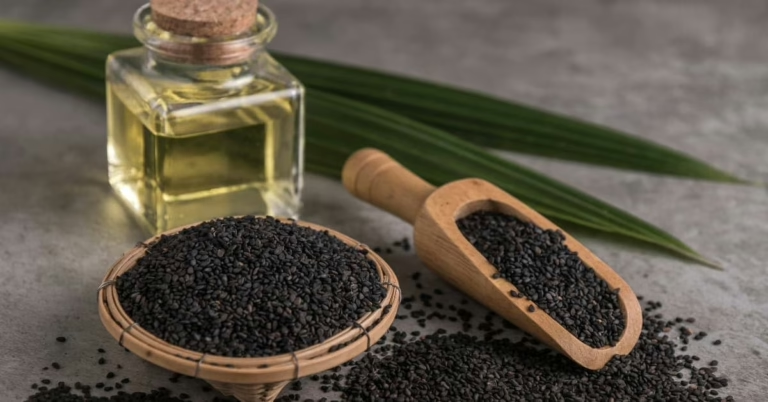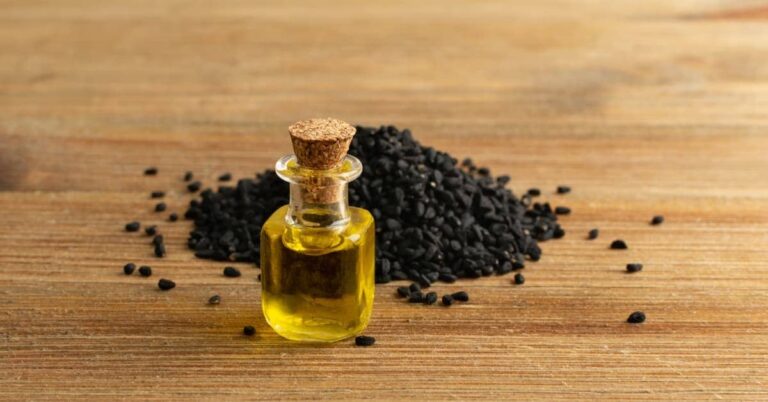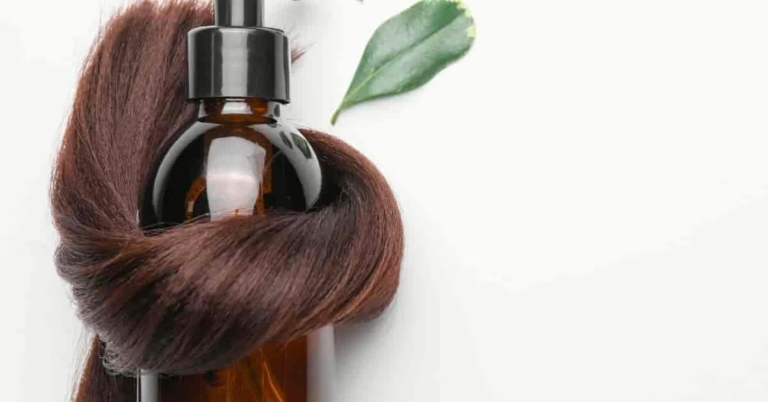You Must Wash Hair Daily: Debunking the Over wash Myth
You’ve just finished your daily shower, scrubbing your hair clean for the umpteenth time this week. It’s become such a routine part of your life that you can’t imagine skipping it. But what if we told you that this very habit, believed to keep your hair vibrant and healthy, might actually be doing more harm than good? Our goal is to challenge this deep-rooted belief by shedding light on scientific facts and expert opinions, proving that daily hair washing may not be the golden standard for hair care we once thought it was.
As we dive into this topic, we aim to debunk common myths surrounding hair care, including the notion that daily cleansing is a must for everyone. With a blend of engaging stories and credible evidence, we’re here to guide you through why reducing your hair washing frequency might just be the secret to unlocking the volume and health of your hair. Stick with us as we explore the science behind hair care, and prepare to embrace a new perspective on managing your mane.
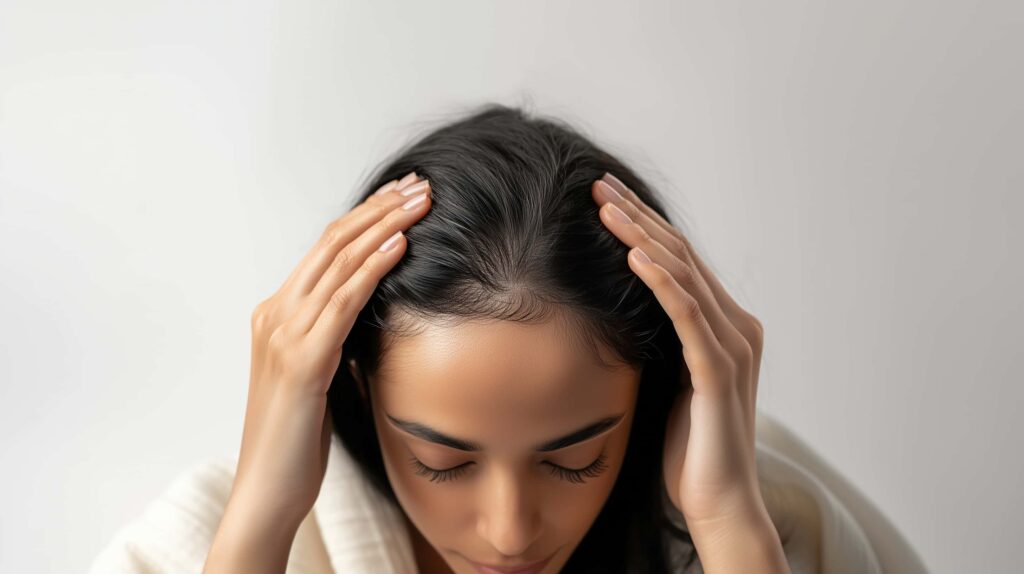
How Your Scalp Naturally Balances Oil
The natural oil production of your scalp is designed to support hair growth by maintaining a balanced ecosystem. When this balance is disrupted, your hair can suffer from dryness, becoming brittle and more prone to breakage. It’s a delicate balance that requires a gentle touch, not the harsh cycle of daily shampooing that many of us are used to.
Excessive washing doesn’t just affect the health of your hair; it can also lead to a scalp that feels perpetually dry, itchy, or irritated. This is because the protective barrier formed by natural oils is compromised, making your scalp more vulnerable to external aggressors. The irony is that in trying to achieve clean and healthy hair, overwashing can actually take us further from our goal.
Understanding the role of sebum and the natural oil production process is crucial in reevaluating our hair care routines. By allowing our scalp to maintain its natural balance, we can avoid the negative effects of stripping these oils, ensuring our hair remains strong, supple, and, most importantly, healthy. It’s about working with our body’s natural defenses, not against them.
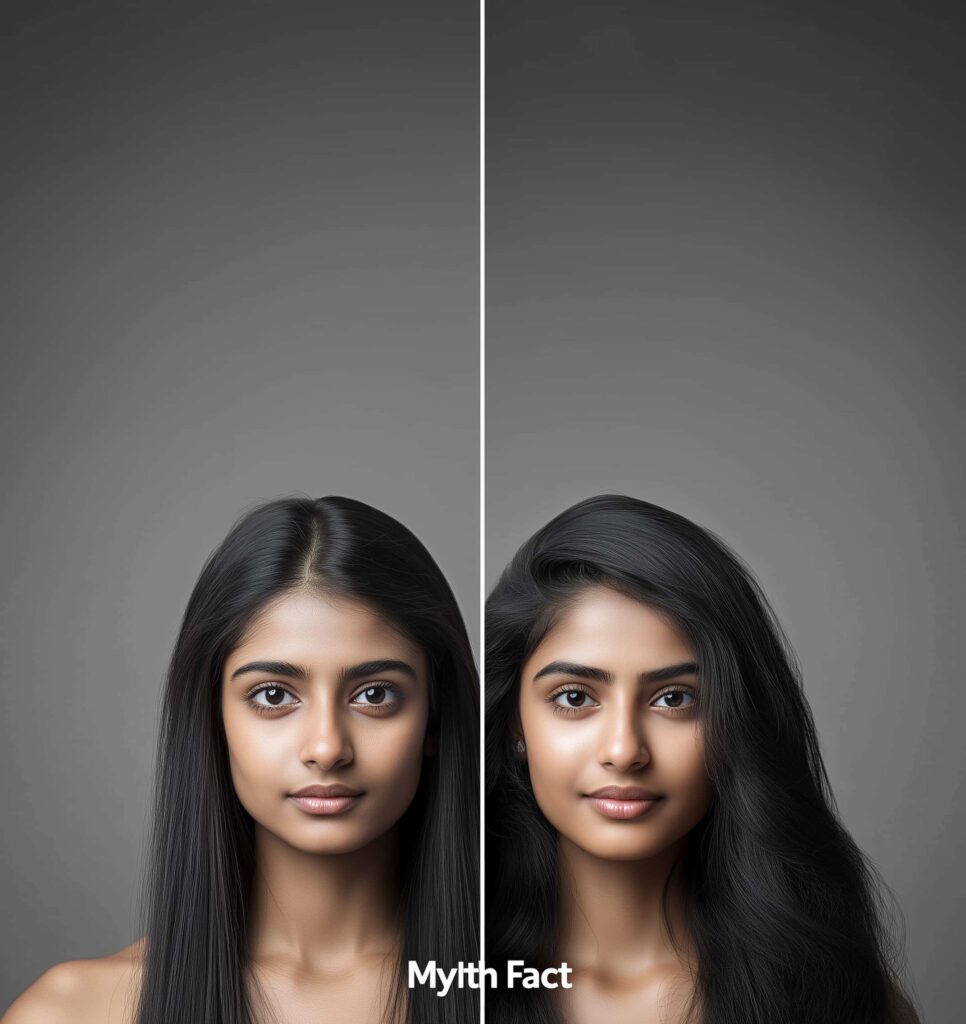
Debunking Common Myths About Daily Hair Washing
One of the most pervasive myths about hair care is that daily washing is necessary to prevent dandruff and keep hair looking shiny and healthy. However, dermatologists and hair care experts tell a different story. They argue that too frequent washing can actually irritate the scalp and strip the hair of its natural oils, leading to a decrease in volume and shine.
Recent studies have supported this view, showing that a more moderate washing frequency can help maintain hair’s natural moisture balance, promoting overall scalp health and preventing the dryness that can lead to flakiness. In fact, cutting back on shampooing can actually improve the appearance of your hair, giving it the volume and vitality that many of us strive for.
Another common belief is that oily hair requires daily washing to stay clean and presentable. Yet, experts suggest that this could exacerbate the issue, as the scalp overcompensates for the loss of natural oils by producing even more sebum. Instead, allowing a few days between washes can help regulate oil production, leading to healthier, more manageable hair.
By challenging these myths with evidence from recent studies and expert opinions, we encourage you to reconsider the necessity of daily hair washing. It’s not about adhering to a one-size-fits-all routine but finding what works best for your hair’s unique needs. With a persuasive yet approachable tone, we aim to empower you to make informed decisions about your hair care regimen.

Benefits of Washing Your Hair Less Frequently
Reducing the frequency of your hair washes comes with a multitude of benefits, not least of which includes a healthier scalp. By washing less often, you allow your scalp’s natural oil production to find its own balance, which can lead to stronger, more resilient hair. This natural barrier helps protect your hair from external damage and reduces the likelihood of breakage and split ends.
Moreover, by cutting down on washes, you expose your hair to fewer harsh chemicals found in many shampoos, which can be particularly beneficial for those with sensitive scalps or damaged hair. Less frequent washing also means your hair retains more of its natural moisture, reducing the need for artificial conditioners and treatments that can weigh hair down and diminish its natural volume.
Another significant advantage is the time and resources you save. Less washing means less water usage, fewer products consumed, and more time in your schedule. It’s a small change that can contribute to a more sustainable lifestyle, all while benefiting the health and appearance of your hair.
Embracing a less frequent washing routine can be a liberating experience. It encourages you to work with your hair’s natural tendencies rather than fighting against them, leading to a more effortless and enjoyable hair care routine. Give your hair the chance to thrive in its natural state, and you might be surprised at how vibrant and full of life it can be.
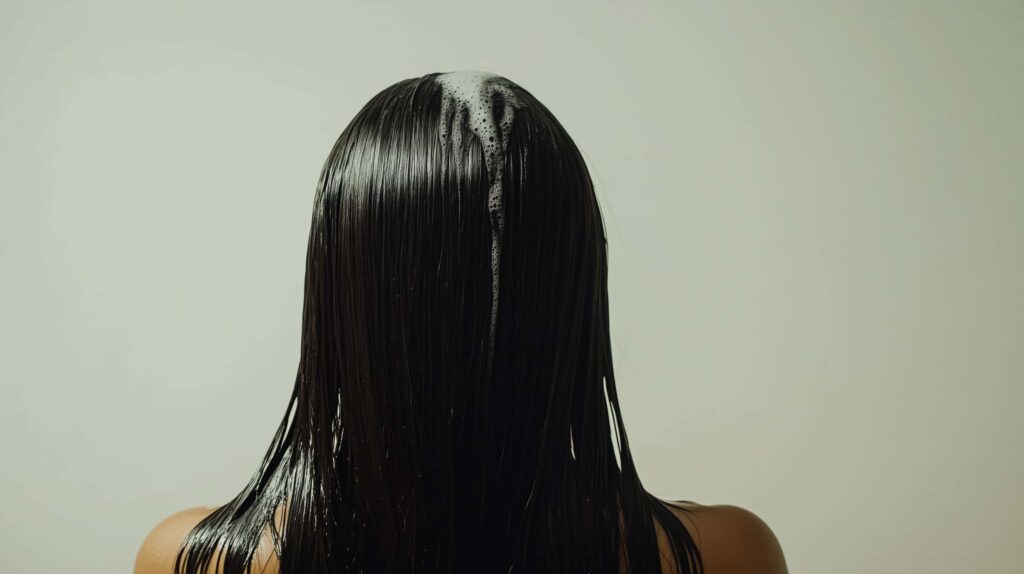
Finding the Right Washing Frequency for Your Hair Type
Determining the ideal washing frequency for your hair can feel like navigating a complex maze. However, understanding your hair type—be it oily, dry, curly, or straight—can provide valuable clues. Oily hair may require more frequent washing, but even then, daily washing is seldom necessary. Conversely, dry or curly hair often benefits from less frequent washes to preserve natural oils essential for hair health.
Factors such as lifestyle, environment, and hair treatments also play significant roles in shaping your washing needs. Active individuals or those living in polluted areas might find the need to wash their hair slightly more often, though not necessarily daily. The key is to listen to your hair and adjust accordingly, without overstripping it of its natural moisture.
For those looking to find their sweet spot, start by extending the time between washes gradually. Pay attention to how your hair and scalp respond. You might find that your hair adjusts over time, producing less oil and appearing healthier. Remember, it’s about finding a balance that works for you and your unique hair needs.
Lastly, consider incorporating gentle, sulfate-free shampoos and conditioners into your routine. These products are kinder on the hair and scalp, reducing the likelihood of irritation and preserving the natural oils that promote hair health. By taking these steps, you can discover a washing frequency that keeps your hair looking its best, without the need for daily intervention.
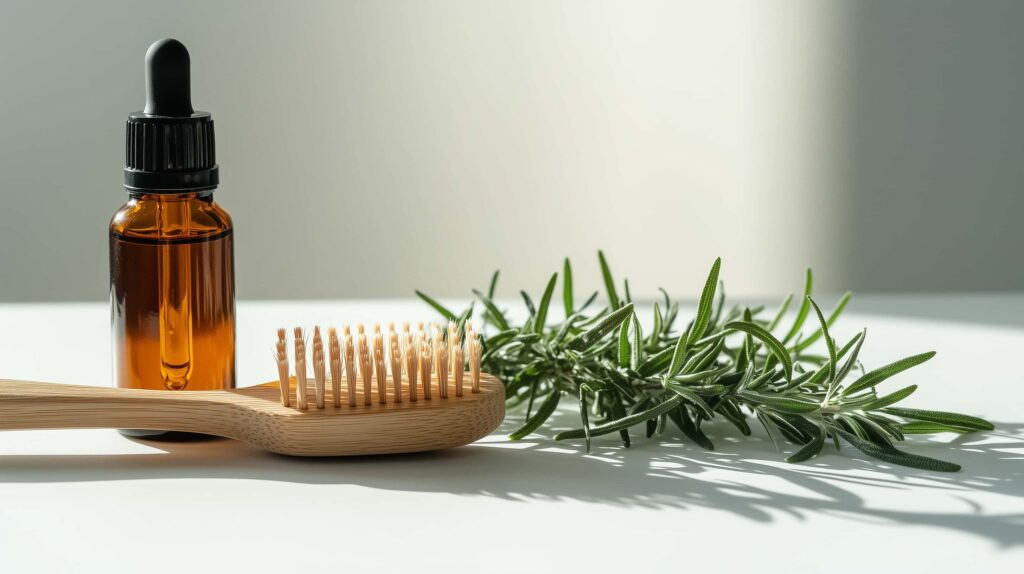
Natural Solutions for Managing Oily Scalp Without Daily Washing
Dealing with an oily scalp can be a real challenge, especially if you’re trying to avoid washing your hair every day. Have you considered natural remedies? Dry shampoos, for instance, can be a game-changer. They absorb excess oil, leaving your hair looking fresh without the need for water. Plus, they’re super easy to use – just sprinkle, massage, and go!
Another fantastic solution is an apple cider vinegar rinse. It’s like a reset button for your scalp, helping to balance pH levels and reduce oiliness. Just mix a bit with water and rinse through your hair after shampooing. Tea tree oil treatments are also excellent for managing an oily scalp. Its antimicrobial properties help to cleanse the scalp, reducing oil build-up.
Did you know that what you eat can also affect your scalp health? A balanced diet rich in vitamins and proper hydration plays a crucial role in controlling oil production. Foods high in Omega-3 fatty acids and antioxidants can help maintain healthy hair and scalp. So, while you’re trying out topical solutions, don’t forget to watch your diet too!
These natural solutions offer a gentler approach to managing oiliness without over-washing. By incorporating these into your routine, you can help maintain your hair’s natural balance, promoting healthier, happier hair in the long run.
Transitioning to a Less Frequent Washing Routine Smoothly
Moving to a less frequent washing routine can feel daunting, but it’s definitely achievable with a bit of patience and the right strategy. Start by gradually extending the time between washes. If you’re used to washing every day, try every other day first, then slowly increase the gap. Your scalp will need time to adjust its oil production, so patience is key.
Adjusting your product usage is also essential. During this transition, you might find that you need less hair spray or other styling products. Too much product can weigh your hair down and make it look greasier faster. Instead, focus on products that promote a healthy scalp and natural oils, like lightweight essential oils or natural hair tonics.
Monitoring your hair health is crucial during this period. Pay attention to how your scalp feels and how your hair looks. It’s normal to experience a bit of an adjustment period, where your scalp might feel a bit oilier or drier than usual. Remember, this is just your scalp finding its natural balance. Look for signs of improvement, like increased shine and less dandruff, as indicators that your routine is working.
Finally, remember to be consistent and patient. Changing your hair washing frequency isn’t an overnight process, and it’s okay to have some trial and error along the way. Celebrate the small victories, like noticing your hair retains its style longer or your natural oils giving your hair a healthy shine. With time, your scalp will thank you for the gentle, more natural approach to hair care.

Expert Insights and Scientific Support for Less Frequent Washing
Experts in hair care, including dermatologists and trichologists, have long supported the idea that less frequent washing can lead to a healthier scalp and better-looking hair. They point out that over-washing can strip away natural oils that are essential for a healthy scalp. These oils not only nourish the hair but also protect it from damage and support hair growth.
Recent studies echo these sentiments, highlighting how maintaining natural oils can improve hair health. For example, a study published in the International Journal of Trichology found that excessive washing could lead to dry, damaged hair. Instead, embracing the natural oils can enhance shine, reduce dandruff, and promote a balanced, healthy scalp.
Many hair care professionals also advocate for the use of essential oils and minimalistic hair care routines to support the scalp’s natural oil production. They suggest that these practices can help restore hair health and prevent issues like breakage and split ends, which are often exacerbated by frequent washing and harsh chemical products.
By trusting in the science and expertise behind less frequent washing, individuals can make informed decisions about their hair care routines. Embracing a gentler approach not only benefits hair health but also aligns with a more sustainable and holistic view of beauty and wellness.
Embrace Healthier Hair Habits Today
Understanding the importance of maintaining natural oils and finding a washing frequency that suits your hair type can significantly impact your hair’s health and appearance. Remember, less frequent washing can prevent hair damage, strengthen hair roots, and even reduce frizz and breakage. By incorporating a suitable hair conditioner, hair mask, or hair oil into your routine, you can further enhance these benefits, contributing to stronger, healthier hair fibers.
Today is the perfect day to start reevaluating your hair care practices. Consider the natural balance of your scalp, the specific needs of your hair type, whether it’s treated hair, dry hair, or natural hair, and how you can adjust your routine for the better. Embrace these beauty secrets, from nourishing hair tonics to hydrating aloe vera treatments, and witness the transformation towards healthier, more vibrant hair.


